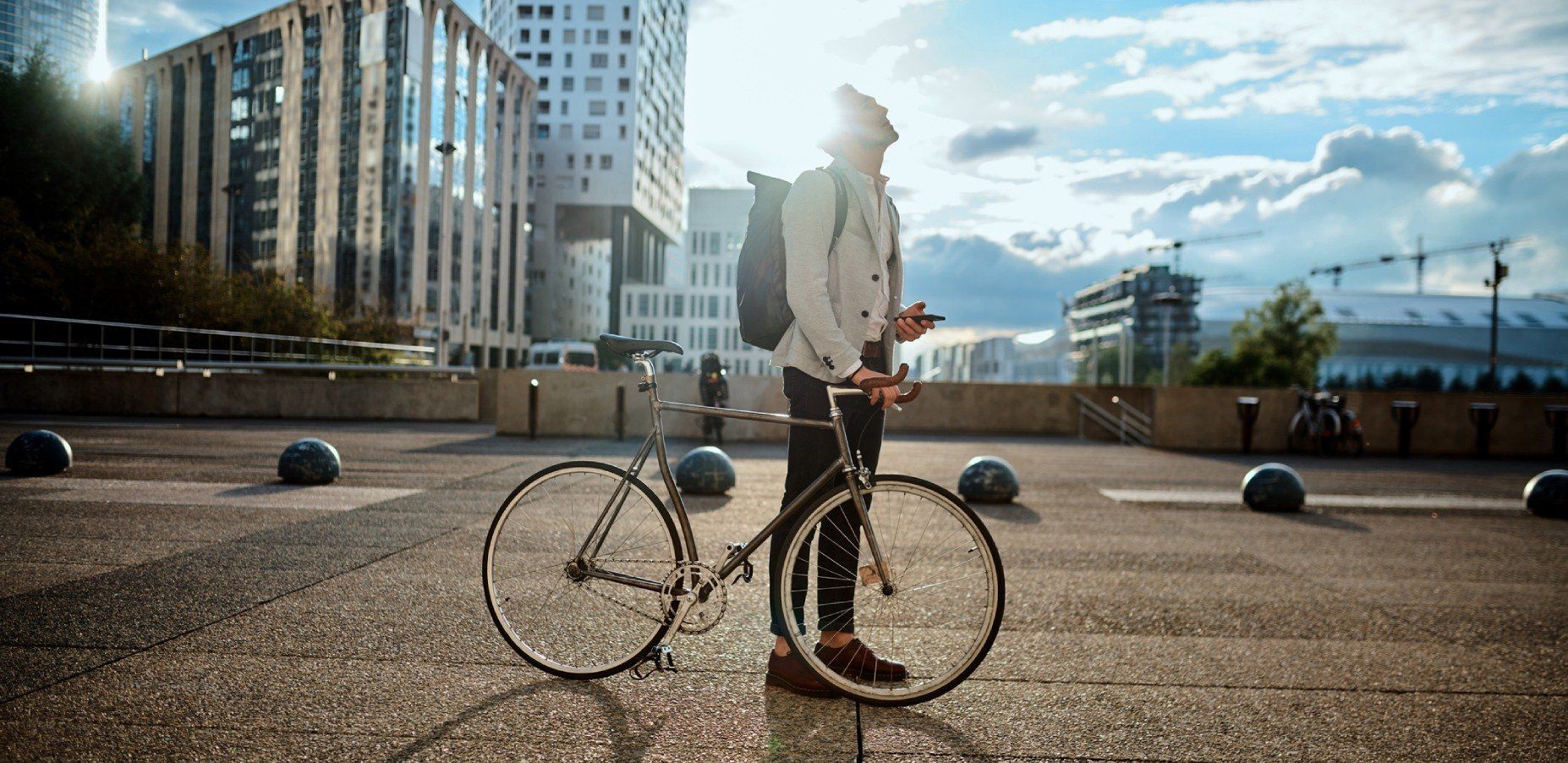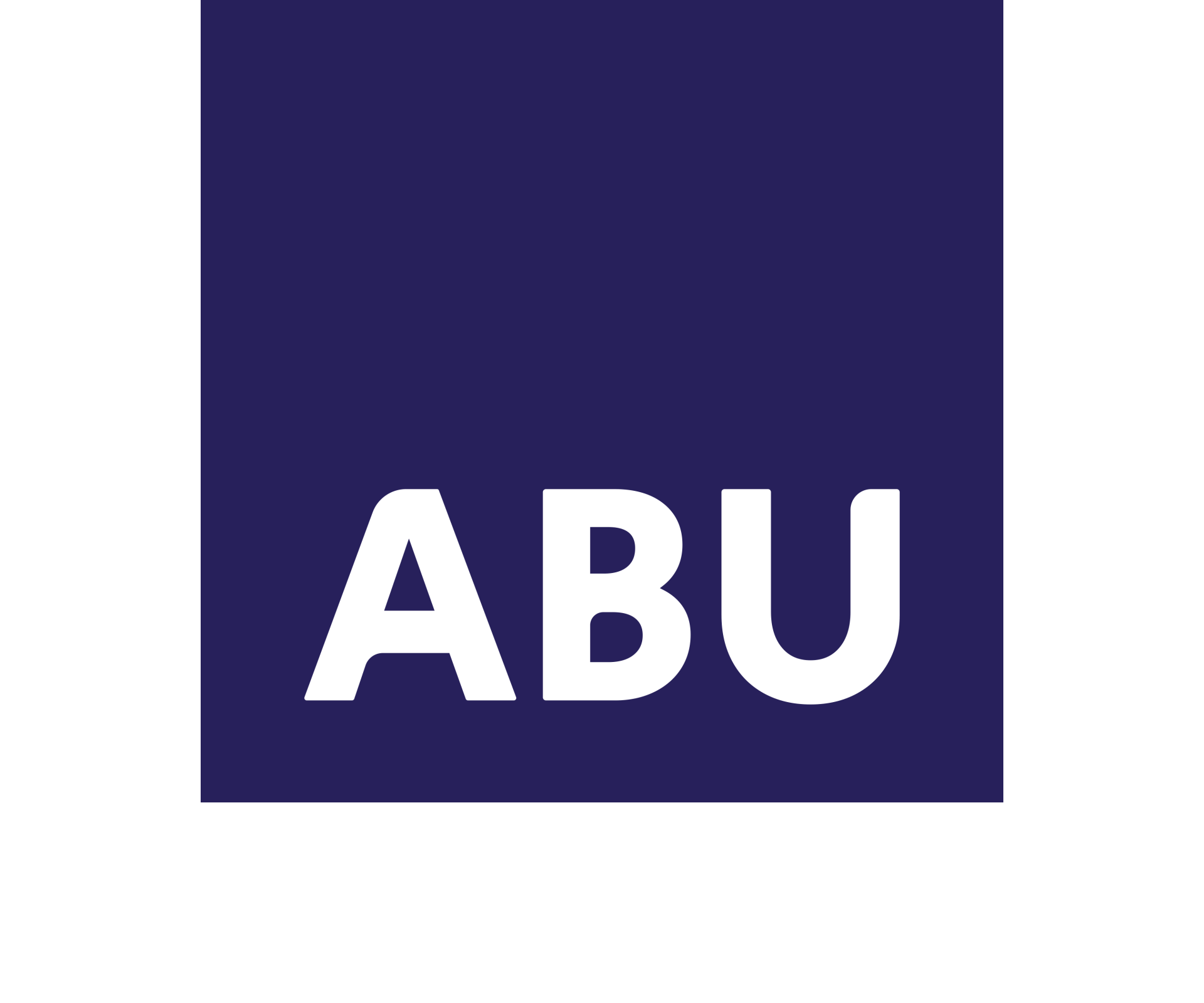Should you be taking more risks to accelerate your career in 2022?

Dec 24, 2021
Building a career isn’t easy. It requires planning, hard work, and belief in your ability to do the job. And sometimes, it requires taking risks.
By its very nature, risk-taking implies that you can gain something—or lose something. And the thought of losing your hard-earned job, salary, or reputation can be intimidating. Yet, the truth is, if you don’t take risks, you might be missing out on important opportunities that could propel your career to the next level or open up a career change that will increase your happiness.
As we move into a brand-new year, it’s a great time to reassess your career risk appetite. You may find that you’re playing it so safe that you’ve stopped moving forward. Here are the signs, according to Forbes, that you need to take more risks in your career:
- You’re not advancing anymore: If you’ve hit a ceiling at your job and feel you’re wasting your potential, it’s probably best to start looking for another opportunity to use your talents.
- You’re bored at work: When your work becomes boring, your performance can suffer because you might not be motivated to work as hard as usual. This means it’s time to look for a new direction.
- Your life is changing: When your life is in flux—or you reach a milestone, like the start of a new year—it can create a natural inclination to make a change in your career. Sometimes this is an emotional reaction—but it can also be the final push you need to move on.
- Your friends don’t share your fears: If you’ve told close friends that you want to take action but are afraid of what could go wrong, they might think your fears are overblown. If they can justify their opinion, it’s time to start working towards the change you want.
- You have a calling: Yes, you can pursue a calling and make money at the same time. If a specific occupation or objective is calling you, you’ll feel dissatisfied in your career until you pivot towards it.
Choose to take calculated risks
You may be worried about dialling up risk in your career, particularly with the background of the pandemic. But it’s important to understand that taking a risk doesn’t mean that you have to be reckless. Instead, do your research to get to know the lay of the land before making any career moves.
For example, if you want to reach the next level in your career, it’s wise to have a conversation with your supervisor to see what your options are before looking outside of your company. Or if you’re in marketing but you’d prefer to work as a designer, take some tutorials and consider taking on a couple of freelance gigs in the evenings and on weekends. Then, when you know what you’re getting yourself into, you can start taking some practical steps towards actually making a significant career change.
Taking risks can be just what you need to propel your career to the next level or to find the calling you love—but make sure you take calculated risks. Don’t burn any bridges behind you, and make sure that you always have a plan b. Are you ready to make 2022 the year you take more career risks?







